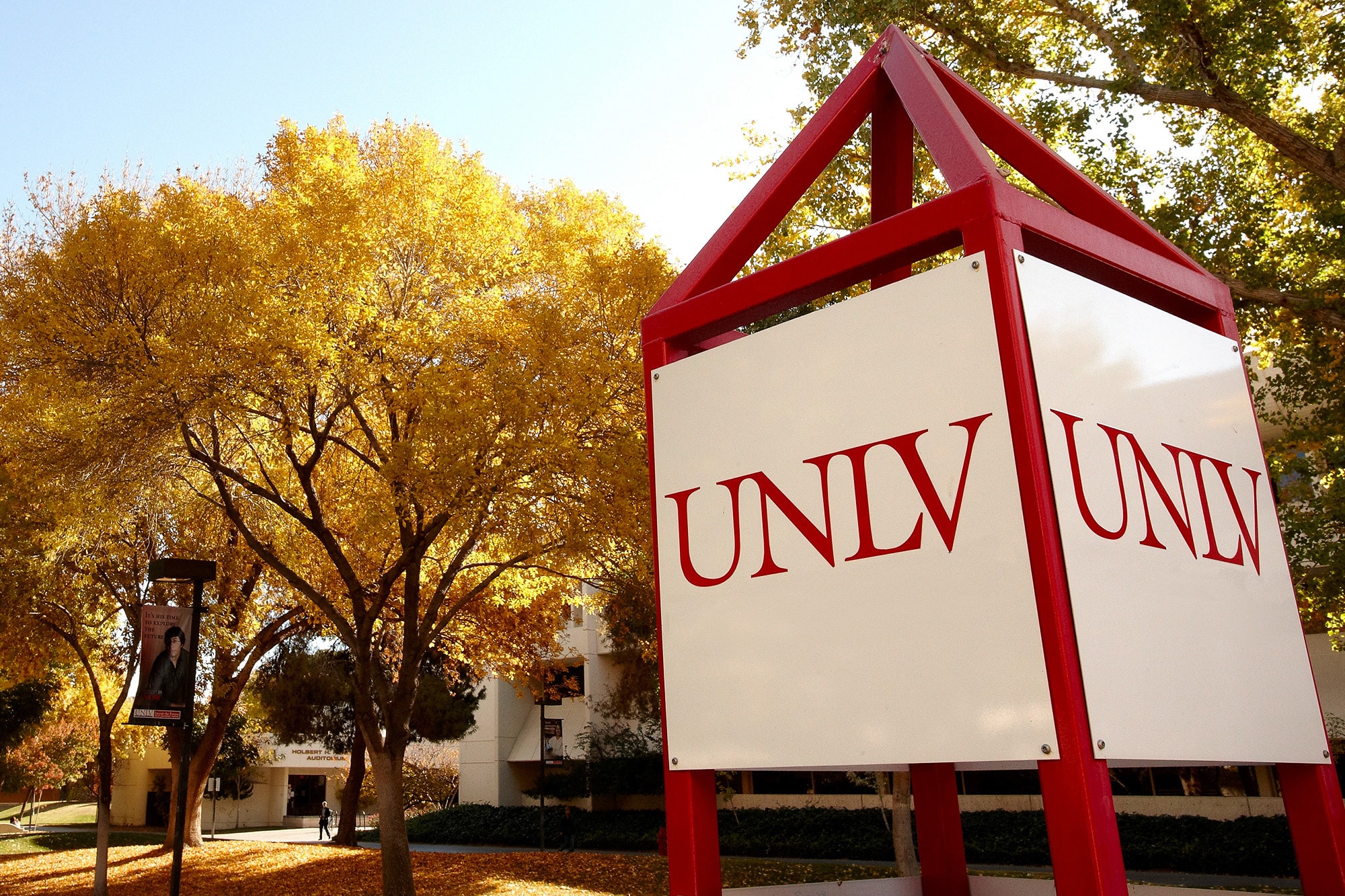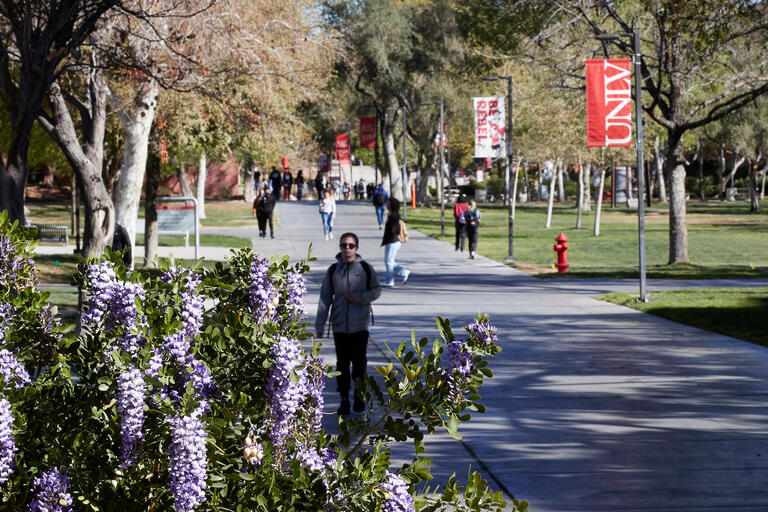There has been much media attention cast on Hollywood celebrities who have crossed racial and continental barriers to adopt children. But for UNLV social work professor Kathleen Ja Sook Bergquist, this trend is nothing new. Bergquist is exploring issues in international adoption and racial identity, particularly with Asian adoptees. Through her research and her own personal experiences, she has found that there is more to transracial adoption than simply finding a loving home for a child.
Getting personal: When I was 20 months old, I was adopted from Seoul, Korea. My parents are white and have two biological children. I have a brother -- not related -- who was also Korean-adopted. He has two Korean-adopted kids and I adopted a daughter from Korea. We have this multigenerational adoption family going on. So there is a personal connection to my work. I think you will find with most researchers there is usually individual motivation that feeds the passion for their research -- otherwise they would not be doing it.
Hot Topic: This semester, I taught a class on global child welfare. Inherent to that was a discussion on international adoption and, of course, the students were eager to talk about the whole Madonna adoption controversy and Angelina Jolie.
Think Before You Adopt: All babies are cute and anyone can fall in love with a baby. But they are not going to be babies forever. So really think about what it means to integrate your family and look at your own assumptions about race and American society as it pertains to that.
Being Asian-American: For an adoptee, it is not about learning to speak Korean and cook Korean food. It's more about what it means to be Asian-American and how they navigate the racial assumptions people have about them based on what they perceived to be their race and identity.
Stereotypes: People assume Asian adoptees -- and Asian-Americans in general -- don't experience racism. In a way, it's more insidious and often couched as "positive" discrimination. There is the stereotype about Asians being "the model minority," the assumption that all Asians are really smart and hard working. But a stereotype is a stereotype regardless of how it is packaged.
Perpetual Foreigners: There is a UC Berkeley scholar who talks about Asian- Americans being "perpetual foreigners." It doesn't matter if you are fourth-generation Chinese-American in this country, people will always ask you where you are from. When you tell them you are from California, they then ask, "No, where are you really from?" We don't do that to Irish-Americans or German-Americans. So there is a sense of not having the right to claim that you are a U.S. citizen.
What's Best for the Children: Policymakers have long struggled with international adoption. Some argue that adoptees have access to resources and education that they would not have had if they stayed in Korea. That's true. But there is something so profound and so basic to human existence about knowing where you came from and having that connectedness that most people take for granted.
I don't know that I stand on one side of the debate or the other. As a researcher, I just ask the questions.
Missing Puzzle Pieces: I don't want people to have the perception that these children are in pain or angst. For the most part, adoptees are very well-adjusted. When you look at the markers for education, achievement, and sense of self, adoptees do very well and love their families. But that doesn't minimize the fact that many have this profound detachment from a really important part of who they are. As an adoptee, everybody has different pieces of your story. You never have the whole puzzle.
The Puzzle: For some people it is important to find their birth parents. Some could live their whole lives without finding their birth parents. My brother was adopted a year before I was. Growing up he would say that he didn't care that he was adopted and that our parents were his real parents, whereas I was always curious. That didn't mean that I loved my adoptive parents any less.
Returning to the Homeland: More than 200,000 children have been adopted internationally out of Korea. When the Korean government first started doing these placements, they did not expect the kids to come back. Now there is this huge underground movement where adoptees have organized and started doing homeland tours and searching for their birth parents.
The Search: I have traveled back to Korea several times. One time I went back to the agency that placed me. I was told that the files they had on me were "lost" because when I was placed the recordkeeping was not that great and all of these excuses. I have been told it is virtually impossible for me to find my birth parents, but I don't really believe that. So I may at some point search again. At my point in life though, I should probably do it sooner than later.
Supportive Parents: On the road to self-discovery, every adoptee takes a journey. For every adoptee it looks a little different. Parents need to understand that their kids are going to take that journey at some point in their lives. I would prefer that they take the journey with their kids.
Knowledge is Power: I believe that change occurs on the macro level and the only way to change systems is with information. That's why it is important that I continue to contribute to the knowledge base and help make international adoption more understandable for everyone.



